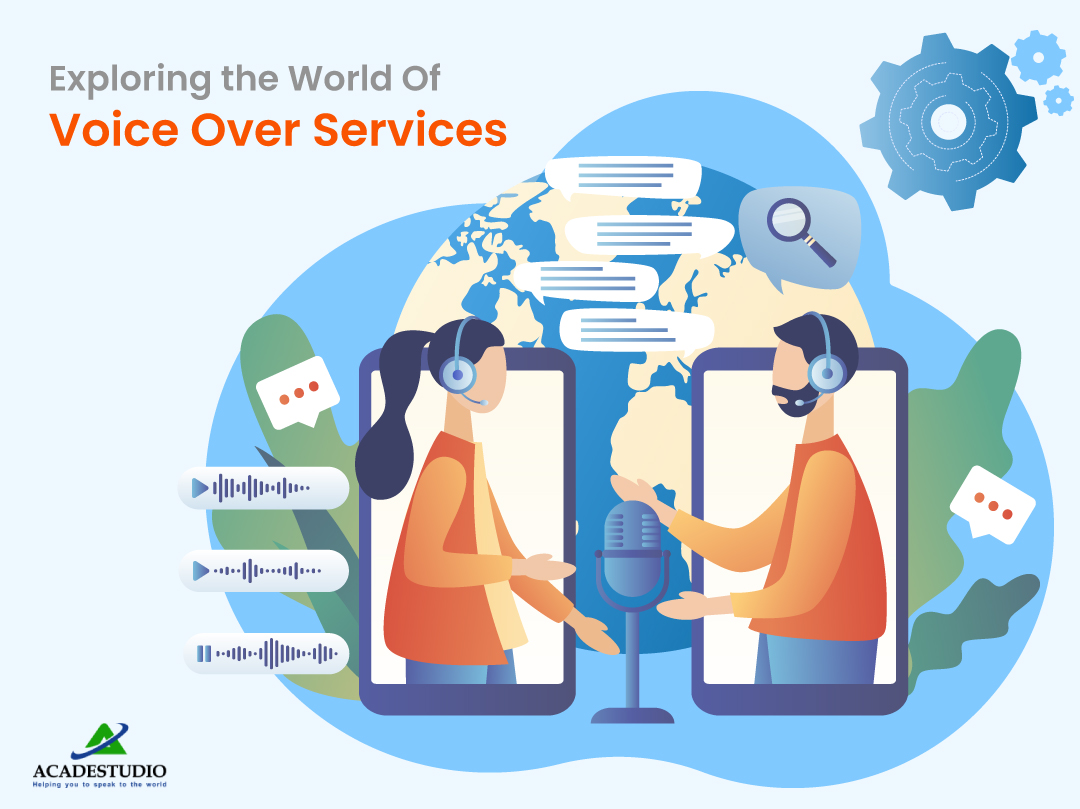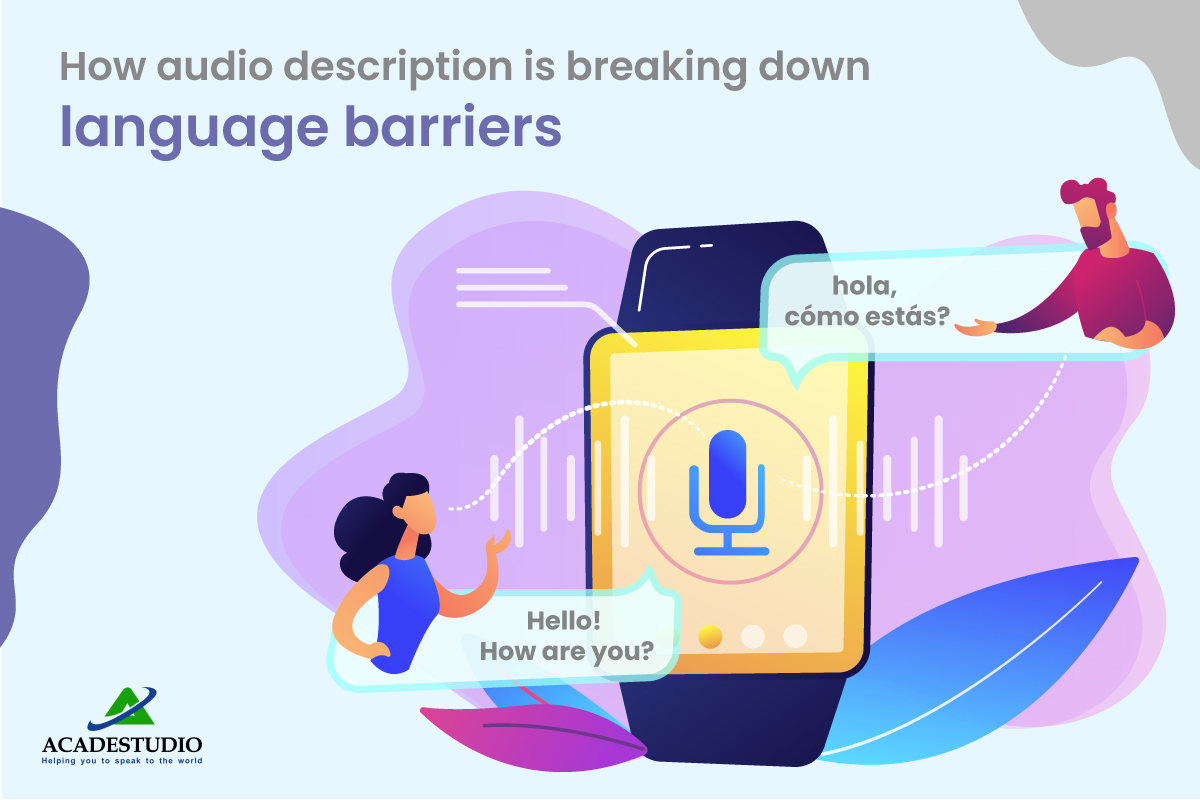Translation Vs. Localization is a topic that can cause confusion. Translation is
about changing text from one language to another. In contrast, localization
involves adapting content for a specific locale or culture. While having
similar pronunciations, these words signify distinct things. When it comes to
website content, translation focuses on language accuracy, while localization
takes cultural nuances into account. Choosing between translation and
localization depends on your target audience and business goals.
This blog will explore
the differences between translation and localization. We'll discuss why you
need to understand the differences and the impact each approach can have on
your website. Moreover, by the end of this blog, you'll clearly understand the difference
between translation and localization and be better equipped to make the right
decision for your business.
About Website and
Localization in Brief
A website is a
collection of several web pages associated with material that shares a similar
domain name and is hosted on at least one web server. Various devices,
including desktops, laptops, tablets, and smartphones, can access it. The
internet has enabled businesses to reach a global audience, but with that comes
the challenge of communicating effectively with people from different cultures
and languages. This is where Translation Vs. Localization comes in. Let's know
them briefly. Go through the following.
Website translation
involves the process of converting the content of a website from one language
to another. It aims to make the website accessible to people who speak a
different language. Additionally, this involves translating the text on the
website and any multimedia content, such as images or videos. Moreover, Website
translation is important for businesses looking to expand their reach globally
and connect with a wider audience.
On the other hand,
Website localization is the process of adapting a website's content to suit the
preferences of a specific locale or culture. Furthermore, this involves
changing the website's design, layout, images, and payment methods.
Localization considers cultural nuances such as color symbolism, humor, and
customs. Moreover, it aims to make the website feel more relevant and familiar
to the target audience, resulting in a deeper connection and engagement.
Website localization is essential to reaching a global audience and effectively
communicating with them.
Difference Between
Website Translation Vs. Localization
When it comes to
reaching a global audience, businesses often face the challenge of
communicating their message effectively in a different language and culture.
Localization and website translation becomes important in this situation.
Despite the frequent confusion between both phrases, there are several key
distinctions. Let's take a look at the below table to know the critical
differences between website translation vs. localization:
Comparison Table between Website Translation Vs. Localization
| Website Translation
| Website Localization
|
Definition
| Translation of website
information across languages.
| Adaptation of website
content to suit a specific locale or culture.
|
Goals
| Accurately convey the
meaning of the original content in another language.
| Create culturally
relevant content that resonates with the target audience.
|
Process
| Use translation software
or professional translators to convert website content into another language.
| In-depth understanding
of the local culture and customs and adapting website content accordingly.
|
Content
| Only the text content is
translated.
| Text, images, graphics,
colors, and payment methods to suit the target audience.
|
Accuracy
| Focus on maintaining the
accuracy of the translated text.
| Focus on accuracy and
cultural sensitivity of adapted content.
|
Timeframe
| It can be completed
relatively quickly.
| It may take longer due
to the research and adaptation required.
|
Cost
| Generally, less
expensive than localization.
| More expensive due to
the higher level of customization and research required.
|
Impact
| Useful for reaching
audiences in multiple languages.
| Critical for connecting
with the target audience and building brand loyalty.
|
Language
| Focuses on converting
content from one language to another.
| Focuses on adapting
content to suit the linguistic nuances of the target audience.
|
Cultural Context
| Ignore the cultural
context of the content.
| Considers cultural
context to ensure the content is culturally relevant and appropriate.
|
Localization Testing
| Not required.
| Essential to ensure that
the content is culturally appropriate and accurate.
|
Graphics
| Not adapted.
| Graphics to suit the
cultural context of the target audience.
|
Currency
| Payment methods are not
adapted.
| Payment methods to suit
the target audience's preferred currency.
|
Units of Measurement
| Units of measurement are
not adapted.
| Measurement Units to
suit the target audience's preferred units.
|
SEO
| Translation may impact
SEO if not done correctly.
| Localization can improve
SEO by targeting keywords in the local language.
|
Which One is Better-
Website Translation or Location?
When deciding between
website translation vs. localization, there is no one-size-fits-all answer. Ultimately,
it will rely on your particular objectives and target market.
Additionally, if your
website targets a global audience with diverse cultural backgrounds and
different languages, localization is the better option. Moreover, it ensures
that your website is culturally appropriate and meets your target market's
local language, cultural, and technical standards.
On the other hand, if
your website only targets specific language groups or audiences, website translation is a more efficient and cost-effective solution. Additionally, it
is also suitable for businesses with a limited budget and wanting to expand
their reach to a global audience.
In comparison, both
website translation and localization are critical for any business that wants
to thrive in today's global market. Hence, it's essential to consider factors
such as target audience, budget, and business objectives when choosing between them.
Ultimately, the best
approach is to combine translation and localization strategies to create a functional,
culturally relevant website, appealing to your target audience. Therefore,
doing so can maximize your reach and improve your chances of success in the
global market.
Conclusion
In conclusion, website translation and
localization are essential strategies for expanding your online presence and
reaching a global audience. While translation focuses on translating the
content into different languages, localization goes beyond translation to adapt
the content to suit the cultural and linguistic nuances of the target audience.
Ultimately, the choice between translation vs. localization will depend on your
business goals, budget, and the needs of your target audience. Regardless of
which strategy you choose, it's important to work with experienced
professionals who can ensure that your website accurately represents your brand
and effectively communicates your message to your global customers.












- From Mobile - 11 min ago
Bring to the table win-win survival strategies to ensure proactive domination. At the end of the day, going forward, a new normal that has evolved from generation X is on the runway heading towards a streamlined cloud solution.
- From Mobile - 7 min ago
Capitalize on low hanging fruit to identify a ballpark value added activity to beta test. Override the digital divide with additional clickthroughs from DevOps. Nanotechnology immersion along the information highway
- From Web - 2 min ago
A new normal that has evolved from generation X is on the runway
- From Mobile - 11 min ago
Capitalize on low hanging fruit to identify a ballpark value added
- From Web - 2 min ago
Real-time will have multiple touchpoints for offshoring.